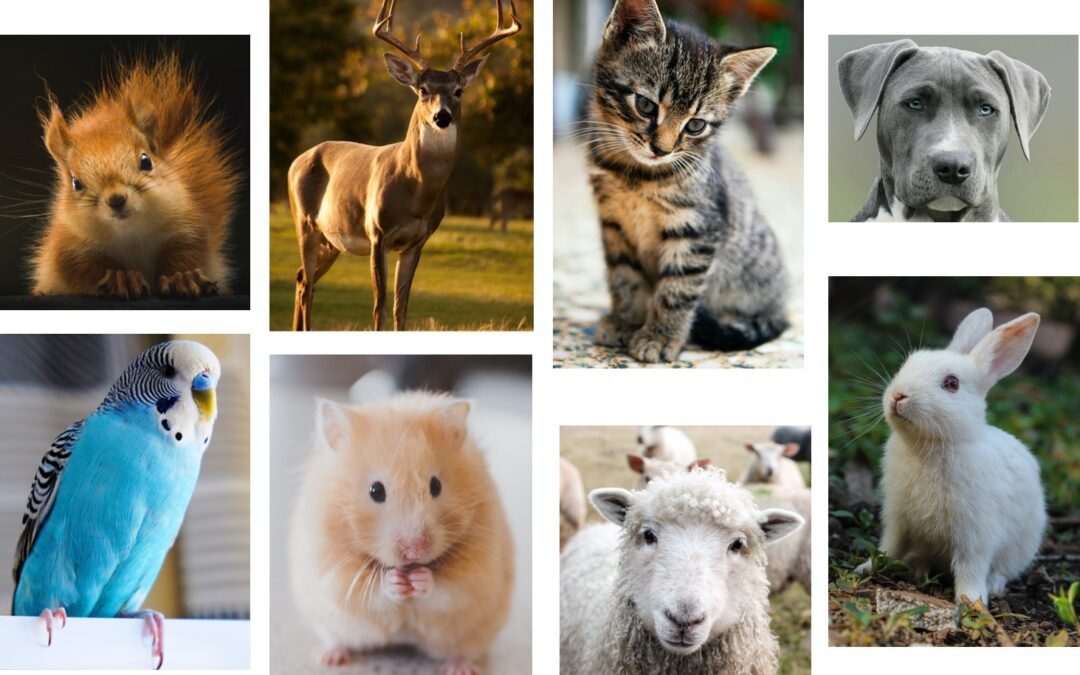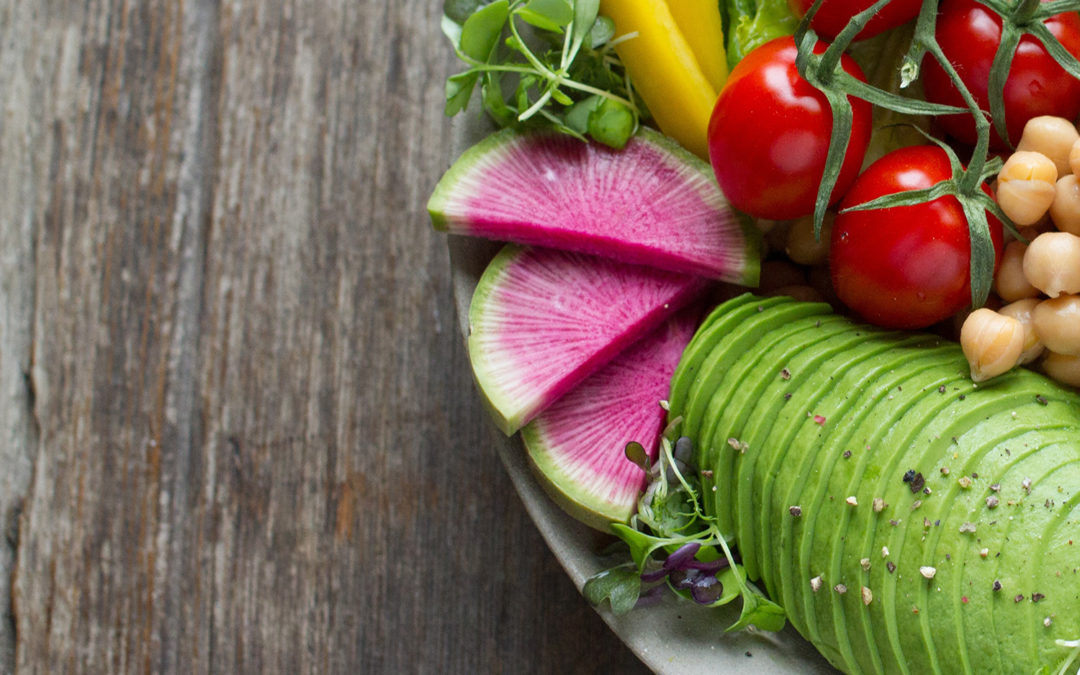What if we felt a sense of responsibility, rather than dominion?
by Maggie Olson
EVERY BELIEVER HAS A DIFFERENT WAY of living out their faith. Our diverse spiritual practices are as rich and beautiful as humanity itself. Some people volunteer at their city’s food shelf or the local park system. Some serve on their congregation council or sign up to bake fresh muffins from scratch for coffee hour. Others may have a daily practice of prayer, devotions or another spiritual discipline.
As for me, I live out my faith on my plate.
HOW MY UNDERSTANDING CHANGED
I have observed a strict vegan diet for nearly ten years. I don’t eat meat, eggs, dairy or any other animal products. For me, this is a daily and deeply meaningful practice that is tied directly to my faith.
The ways in which people live out their faith are as different as the things that compel these practices. Some are moved by a sense of call, a message from a spiritual leader or a family tradition grounded in religious belief. For many of us, our faith-based choices are driven by the way we read and interpret Scripture and how God’s word resonates with each of us.
When I first made the switch to a vegan diet, I was largely motivated by my lifelong love for animals. Most people have heard a thing or two about how poorly livestock animals are treated, and I reached a point where I could no longer ignore that reality while eating. Not even the flavor and experience of my favorite meals could remedy the sadness I felt when reflecting on how that food got to my plate.
In those early days of quinoa and chickpeas, my veganism was mostly grounded in my own personal mindset rather than my faith. I was very active in the church—I was even working at the ELCA churchwide office in Chicago at the time—but I knew almost nobody who ate like I did. I certainly had never met anyone whose entire diet was shaped by their religious beliefs. It didn’t really occur to me to tie the two together until later.
A few months after I went fully vegan, I started working toward a certificate in environmental ministry and leadership at McCormick Theological Seminary in Chicago. One of my professors was Theodore “Ted” Hiebert, a man whose work changed my perspective forever.
Ted was part of a group of translators working to create the Common English Bible. The team behind the CEB had a common goal: to develop an accessible translation of the Scriptures at a seventh-grade reading level. The CEB uses simpler, more contemporary language than other translations.
Ted was the primary translator for the book of Genesis, which he translated from ancient Hebrew and Aramaic texts. In one of my classes, he shared some groundbreaking insights into the creation story. In most translations I’d previously read, in Genesis 1:26-28 God granted humanity some sort of “dominion” or “rule” over the newly created flora and fauna. But according to Ted, a more accurate translation would suggest that God instead invites Adam and Eve to take charge of or responsibility for the earth and all its living creatures.
I couldn’t stop thinking about how living by Ted’s interpretation of Scripture might change the way we think about cows, turkeys and other animals that appear on our plates rather than at our feet, or the wild things with whom we share the earth. What if we felt responsible for chickens, chinchillas and chimpanzees? What if we were asked to take charge of pandas and pigs, to advocate for them, to lead them? How would we use our earthly resources differently if we felt a sense of responsibility rather than dominion?
For me, the message was clear. Through the lens of Ted’s interpretation, I began to believe that the way we treat livestock does not align with God’s message in Genesis.
Maggie Olson is a freelance writer, editor and PR strategist who lives in Akron, Ohio. She was raised Lutheran and has been following a vegan diet since 2013.
This is excerpted from the November/December 2022 issue. To read more articles like it, subscribe to Gather.
10 ways to manage your mental health
1. Eat healthy meals on a regular basis. Stay hydrated. By eating healthy foods that are full of...

What critters teach us about faith
God wants us to take care of our world. My young son Richard showed me that years ago when he...

Blue Christmas: Surviving the holiday hype
Not everyone enjoys the holidays. For some of us, this time of year dredges up fresh waves of...


